Are gas stoves bad for the climate?
The climate enemy you didn’t realize was hiding in your kitchen.
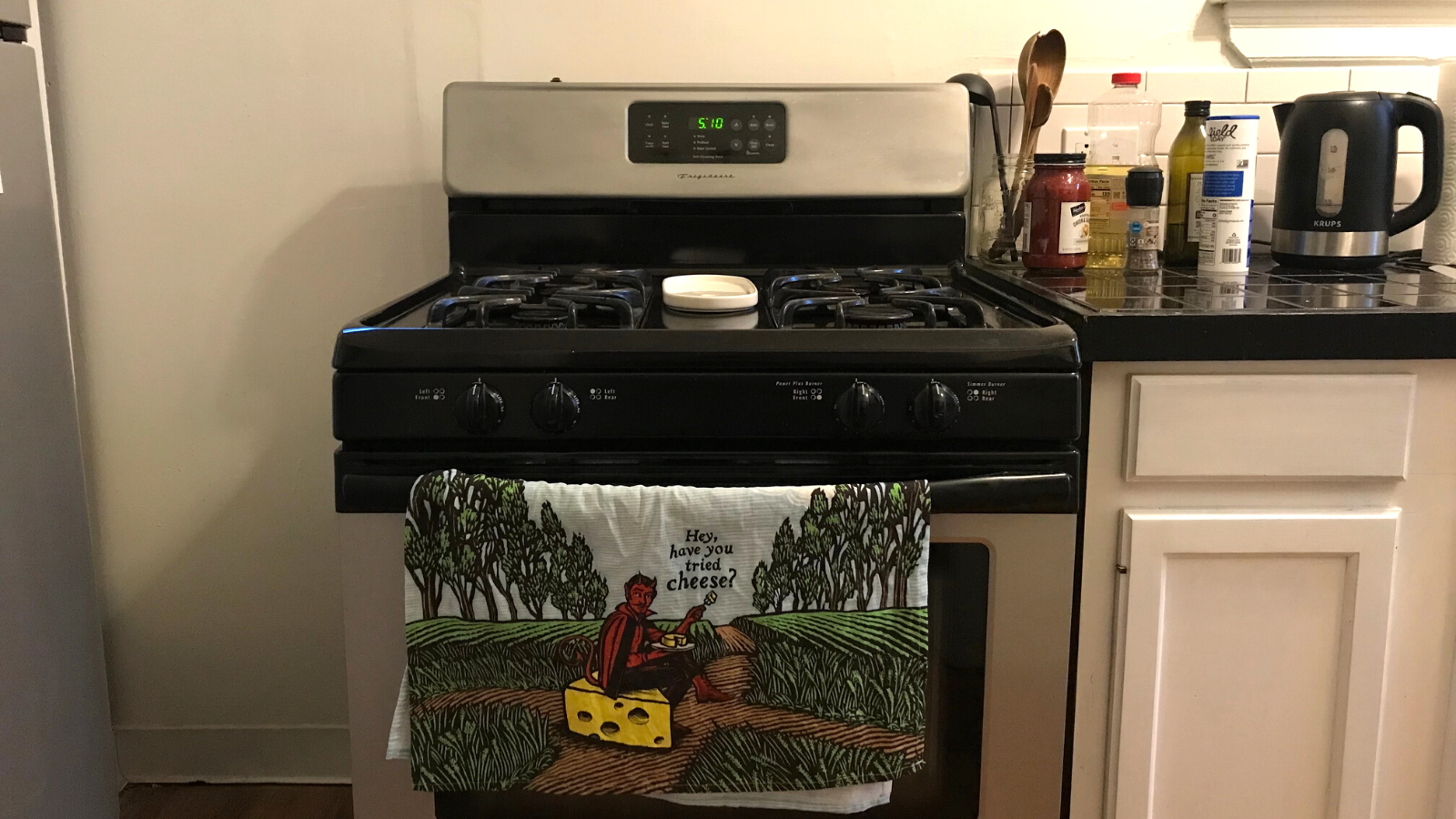
I’ll admit, I can be a bit paranoid when it comes to methane gas. The invisible and very flammable fossil fuel triggers my health-related anxiety, leading me to imagine worst case scenarios: “I smell gas!” leads to “We have a gas leak!” that then leads to “We have to evacuate before we blow up!” Safe to say, I’ve lost some sleep over this.
I haven’t always been the most reliable narrator on this subject either, as my freshman year roommate could tell you after she was bombarded by campus security when I reported a possible gas leak that turned out to be just in my head (or, perhaps, my nose). But, given that gas stoves can cause unsafe levels of air pollutants which can severely impact your health even when they’re working “properly,” my anxiety is not completely unfounded.
Last month, my friends and I moved into a new apartment. Amidst shoving our couch up the stairs and hanging string lights along the window, I noticed that familiar smell wafting in from the kitchen. After my friends confirmed the scent was not psychosomatic, we called our property manager and, low and behold, the pilot light was out, meaning the oven was slowly leaking methane directly into our apartment.
Once the pilot light was fixed, I didn’t smell any gas. But, being a climate activist, I knew all too well that a leaky oven was just the tip of the iceberg when it comes to methane pollution.
Methane gas: the climate connection
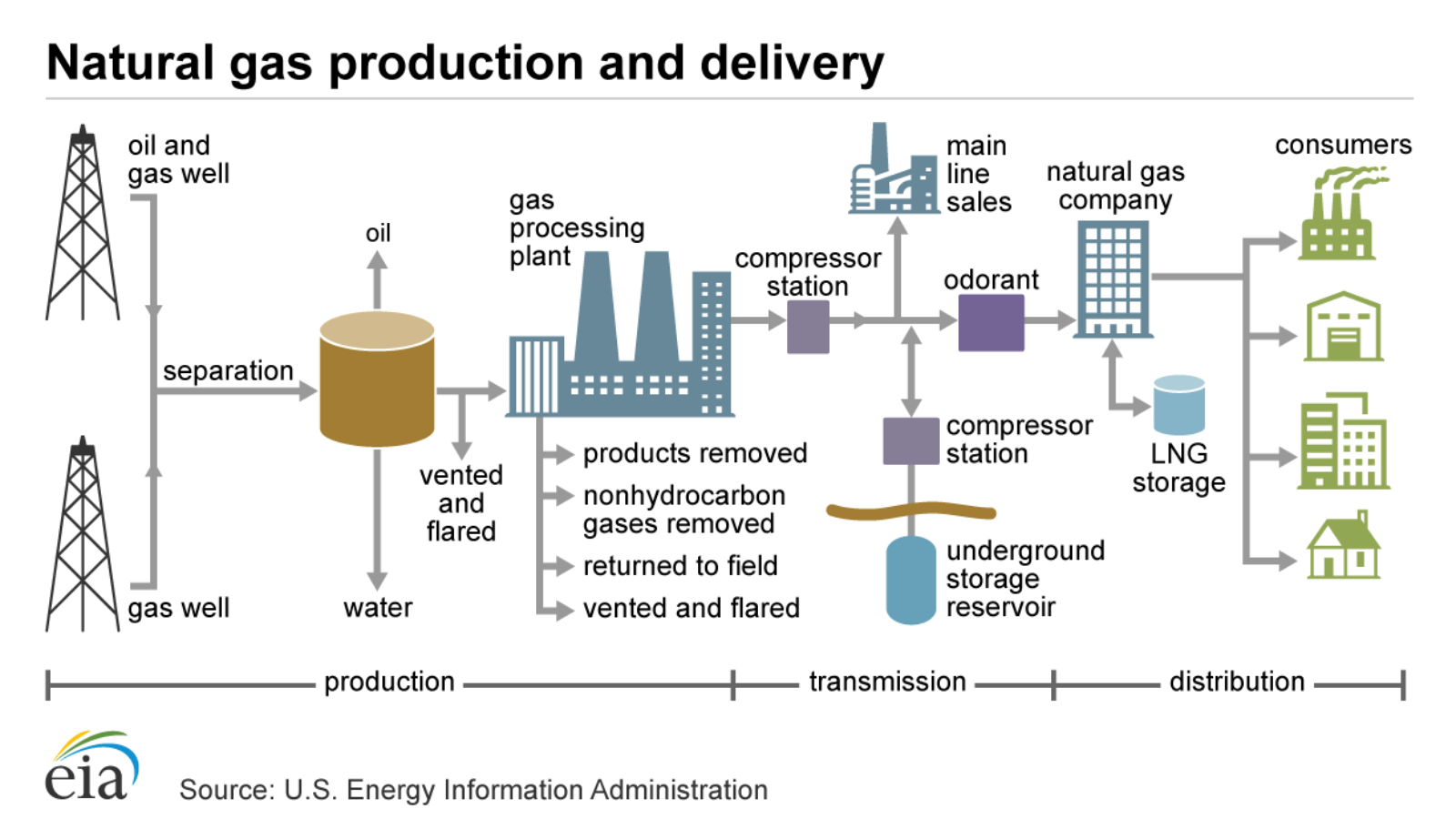
You see, before the methane gets to your gas stove to boil your pasta or bake those cookies, it first has to be produced from one of the more than 900,000 oil and gas wells that are active in the United States today. Then, it travels through some of the 3 million miles of methane gas pipelines across the country, goes through processing facilities to remove impurities and add that rotten-egg smell (that’s right, methane gas is naturally odorless!). Finally it’s distributed to consumers to power our homes, heat our buildings, and light our stoves.
At each step, methane leaks occur. Why is that a problem? Well, methane is a greenhouse gas, meaning once it’s released in the atmosphere, it traps in heat and contributes to global warming. Importantly, methane has more than 80 times the global warming potential of carbon dioxide (CO2), meaning methane gas is 80 times more powerful at trapping heat in the atmosphere compared to CO2.
The methane gas industry has worked hard to hide its climate-damaging impacts, which scientists have known for decades. Gas companies have positioned themselves as the “cleaner than coal” bridge fuel to renewables. They also purposefully message their product as “natural gas” to make us think it’s good for the planet. While methane gas-fired power plants produce less CO2 than coal plants during the combustion process, when you account for methane leaks that occur during the extraction and distribution processes, gas power plants can be as bad if not worse than coal plants in terms of climate warming impacts.
Gas stoves: the climate reality
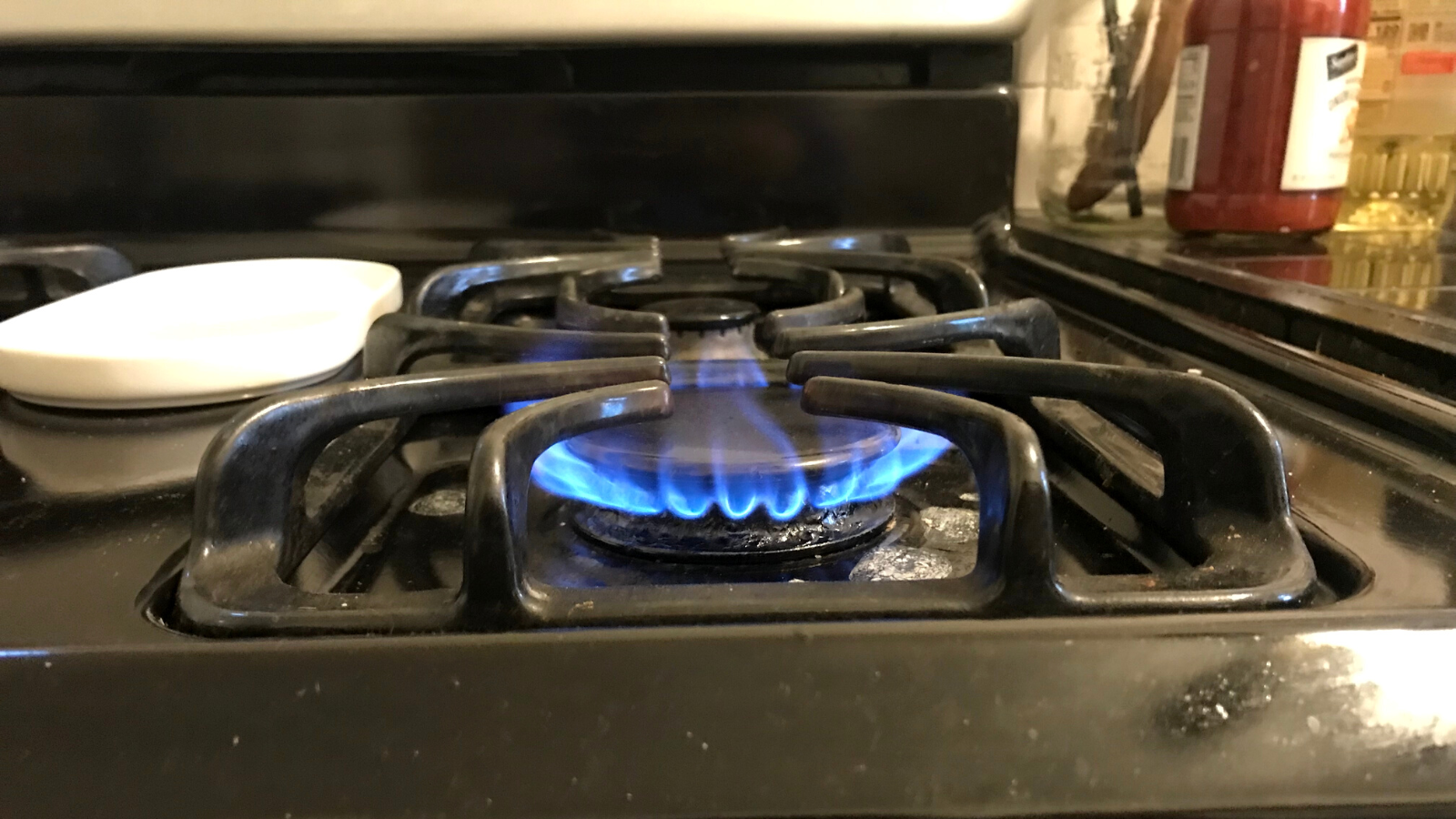
So, from the pipeline thousands of miles away to the oven in my kitchen, methane leaks are a big problem. You might think that after that long journey, once the gas reaches your stove, it’s no longer leaking in such large quantities to adversely affect the climate, right?
Well, actually, not right. A recent study by Stanford University estimated that the annual emissions from gas stove methane leaks could have a comparable climate impact to the yearly CO2 emissions from half a million cars. And while the leakage rate is higher when a gas stove is fired up, the study also found that methane leaks still occur when stoves are off (which is most of the time) and overall the majority of methane leakage occurs when the burners are not in use.
So, the question remains, what can we do to solve it?
Electric stoves (and buildings) are the future

As legislators and the public have become more aware of the health and climate risks associated with methane gas, the desire to go electric has grown. Not only do electric stoves and appliances have none of the indoor air pollution impacts that gas stoves have, but since there’s also no direct methane leaks from those stoves, they’re much better for the climate.
Electric appliances will become even more environmentally friendly as we increase the share of renewable energy on the grid which has quadrupled in the past decade alone and is projected to continue expanding. According to a recent report, electrifying all homes and buildings by 2050 could have the same climate-saving impacts as removing nearly one-quarter of the country’s cars from the road for a year.
Turns out there’s a lot to be anxious about when it comes to gas stoves. We can’t let the oil and gas industry continue to pollute our climate and homes any longer. For the safety of your home and the well-being of this planet we all share, the next time you’re upgrading your stove, I say, go electric.
Topics
Authors
Eve Lukens-Day
Find Out More

Bank of America said it would stop financing drilling in the Arctic Refuge. Now it’s backtracking.
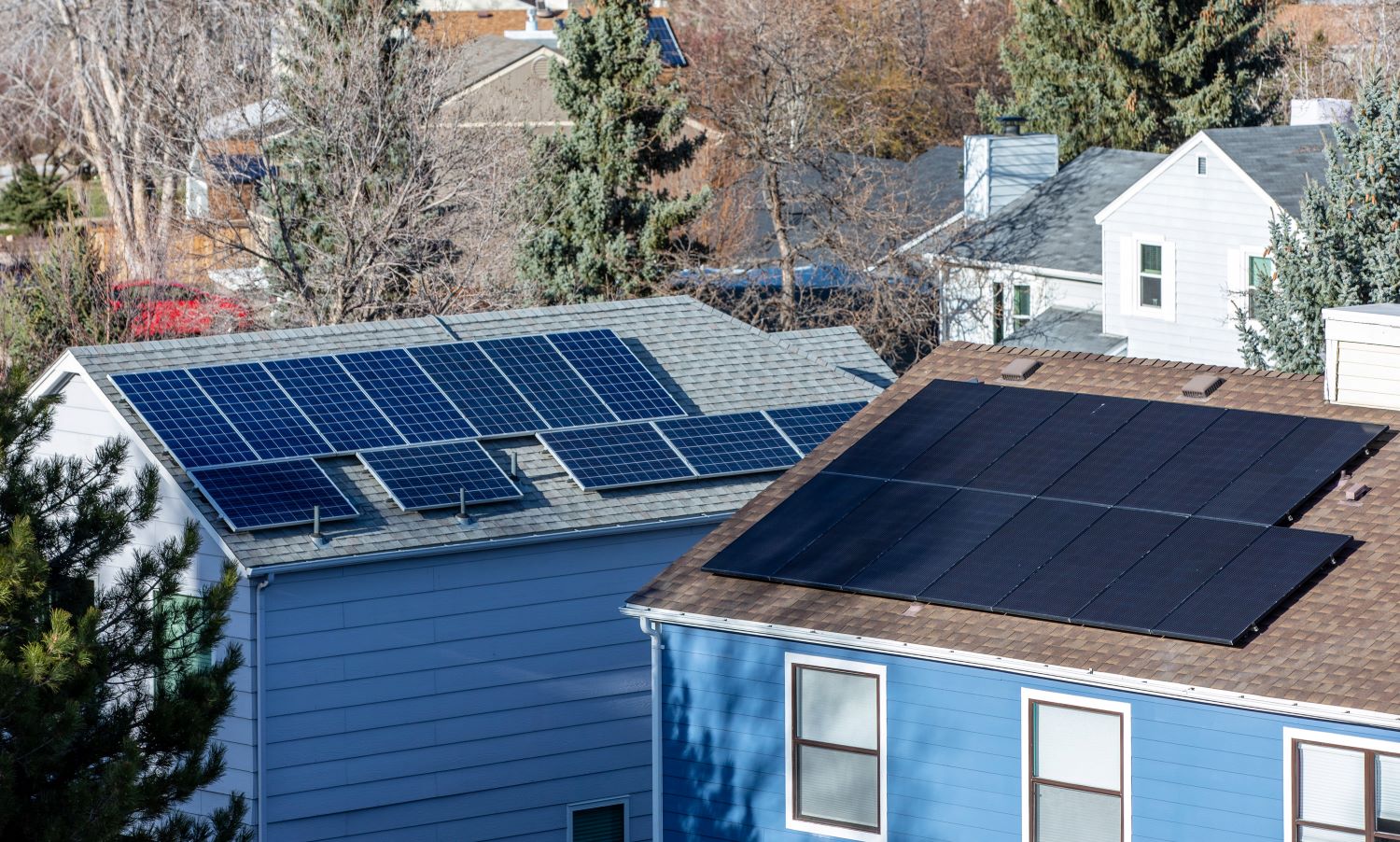
Let us now praise rooftop solar: A tale from New England
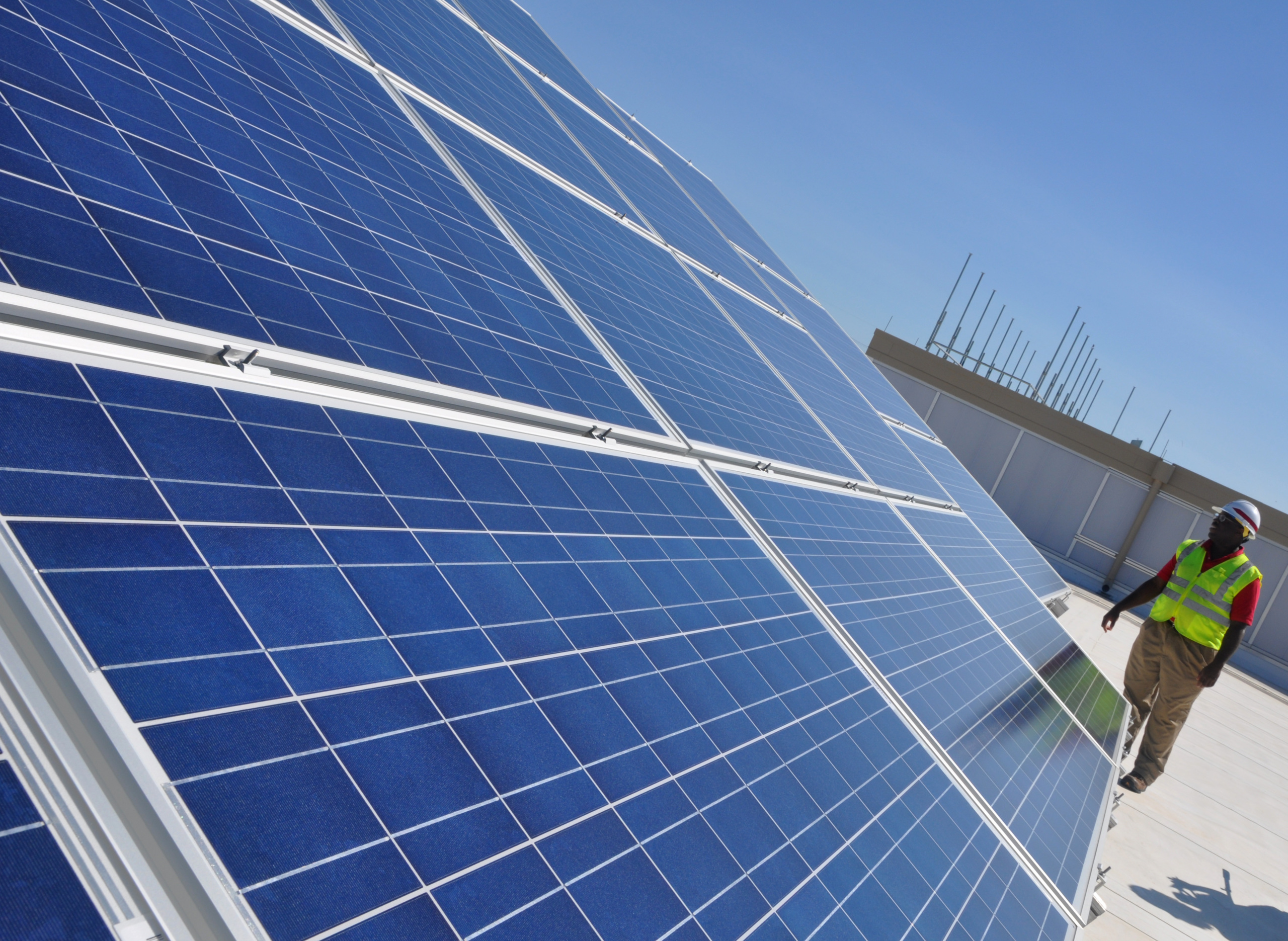
Unlocking America’s rooftop solar potential


